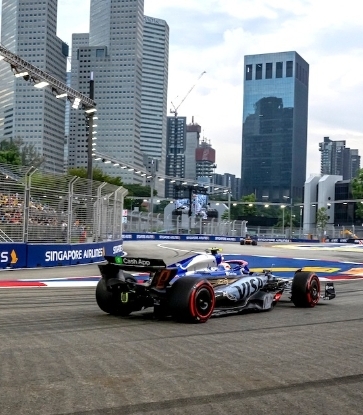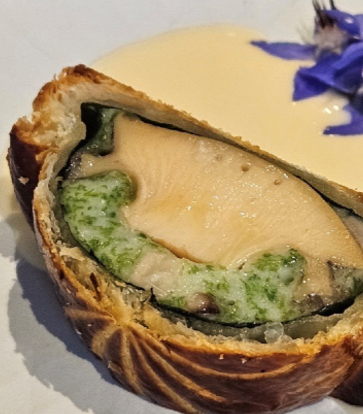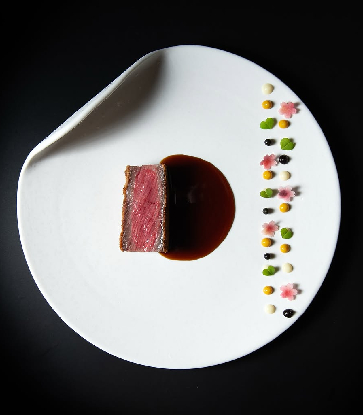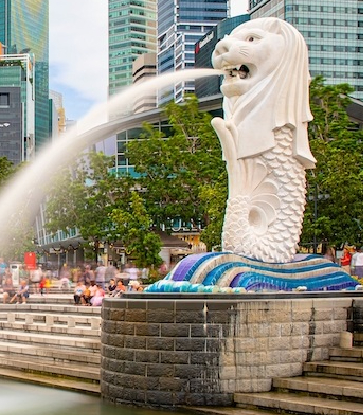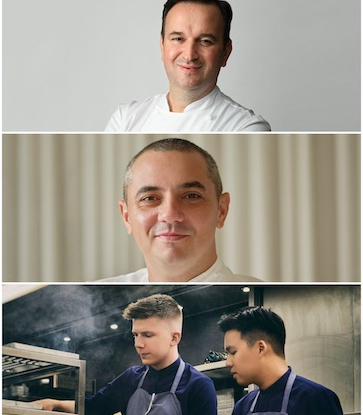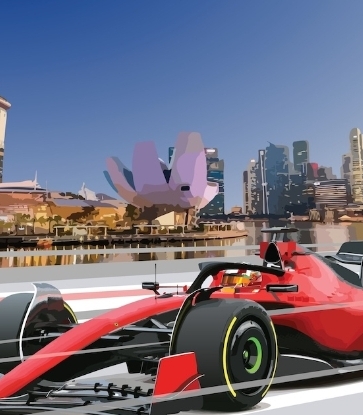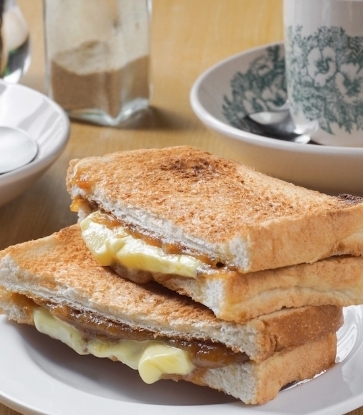There’s Han Liguang, championing local farmers and producers with his new expression of Singaporean cuisine at one-Michelin-starred Labyrinth; in contrast is Justin Quek, embracing luxury ingredients from around the world and incorporating it into his own take on modern Singaporean fare. Elsewhere, a new generation of young Singaporean chefs like Woo Wai Leong are finding their voice, supported by industry veterans like Tan Ken Loon.
These chefs are at the frontier of new Singaporean cuisine, contributing to the dynamism of the local culinary scene and shaping the conversation on what it means to have a cuisine that is uniquely Singaporean.

Chef-owner Han Liguang of one-Michelin-starred Labyrinth has always been at the forefront in the exploration of Singaporean cuisine. His latest iteration of contemporary Singaporean cuisine sees him close a chapter on the modernist, molecular take on familiar local dishes.

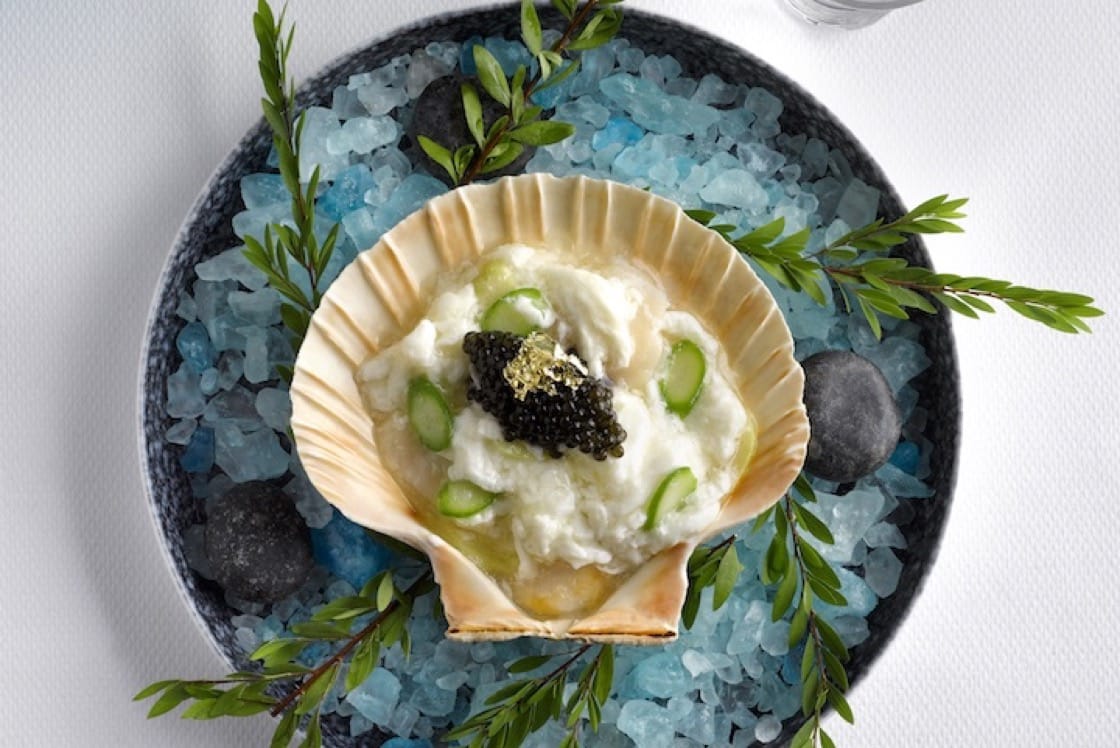
Singapore’s fine dining scene was revolutionised with the opening of Les Amis in 1994 where Justin Quek proved that home-grown chefs could cook at the highest level, inspiring an entire generation of young chefs in the process. Now he has come full circle with his recent double openings at Marina Bay Sands which reflect his roots as a Singaporean Chinese and French haute cuisine perspective.

On the other hand, Chinoiserie is Quek’s fine-dining expression of modern Asian cooking where he cooks typically European ingredients with Chinese cooking methods. For example, he takes a leaf from local yong tau foo dishes and pipes scallop mousse into pan-roasted amadai tilefish, stir-fries wild challan ducks from France in a wok and steams Japanese kinki fish Cantonese-style.

Local restaurateur Tan Ken Loon is taking a different tack in advancing Singaporean cuisine by investing in the next generation of young local chefs at 田 Magic Square, a pop-up kitchen that will operate out of Portsdown Road till the middle of next year.

“We are unlocking the fundamental tools that most young chefs would otherwise have no access to: business experience, industry resources and, most importantly, a physical space to cultivate creativity. Ultimately, we aim to groom the next generation of Singaporean chefs who can and will direct the future of Singaporean restaurants beyond what’s existing,” says Tan.

The winner of the first MasterChef Asia is part of the new generation of young local chefs exploring the notion of a new Singaporean cuisine with his maiden F&B venture Restaurant Ibid. His Asian heritage and Western outlook, so representative of young Singaporeans today, is reflected in his Nanyang-style contemporary Chinese cuisine.

His is a chef-driven cuisine and one that is shaping the conversation of what Singaporean cuisine can be.







